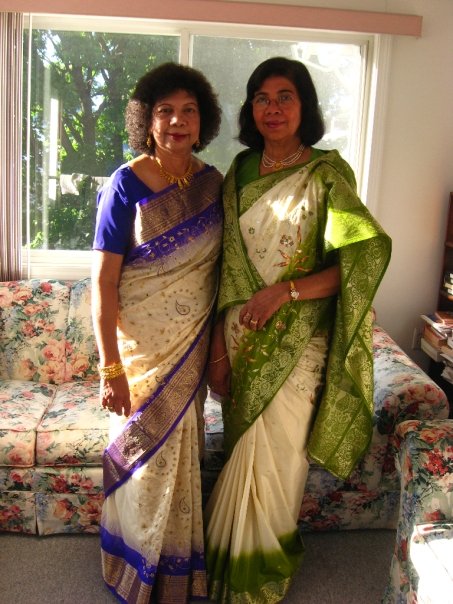Last time mom and I were at Dana Farber I brought a book with me. Her nurse practitioner spoke very highly of it. It is a Christmas present that I specifically asked for and I guess it was a good choice. My friend D, an heme/onc nurse also loves this book.
It's a bestseller as well so I'm really not alone in thinking that this book is fabulous.
I have no updates on mom at the moment. We have visitors constantly which keeps everyone's spirits up. Daniel is now working from home as in working from Belmont so that he can be near. Everyone is close and it really helps. Our family in Bangladesh are trying very hard to get visas to come here. That would be great if it all worked out.
I just wanted to quote a section of this book because we can relate to it, and I felt so strongly about it that I dog-eared the page (I don't often do that to my books because I hate it when the pages look abused in any way).
"Sorenson had pancreatic cancer. The tumor had been discovered almost accidentally in the late summer of 2003, when she had had a bout of abdominal pain and diarrhea and a CT scan had picked up a four-centimeter solid nodule hanging off the tail of her pancreas...A brave surgeon had attempted to resect it but the margins of the resection still contained some tumor cells. Even in oncology, a dismal discipline to being with, this--unresected pancreatic cancer--was considered the epitome of the dismal.
Sorenson's life had turned upside down. "I want to beat it to the end," she had told me at first. We had tried. Through the early fall, we blasted her pancreas with radiation to kill the tumor cells, then followed with chemotherapy, using the drug 5-fluorouracil. The tumor had grown right through all the treatments. In the winter, we had switched to a new drug called gemcitabine, or Gemzar. The tumor cells had shrugged the new drug off--instead mockingly sending a shower of painful matastases into her liver. At times, it felt as if we would have been better off with no drugs at all.
Sorenson was at the clinic that morning to see if we could offer anything else. She wore white pants and a white shirt. Her paper-thin skin was marked with dry lines. She may have been crying, but her face was a cipher that I could not read.
"She will try anything, anything," her husband pleaded. "She is stronger than she looks."
But strong or not, there was nothing left to try. I stared down at my feet, unable to confront the obvious questions. The attending physician shifted uncomfortably in his chair.
Beatrice finally broke the awkward silence. "I'm sorry." She shrugged her shoulders and looked vacantly past us. "I know we have reached an end."
We hung our heads, ashamed. It was, I suspected, not the first time that a patient had consoled a doctor about the ineffectuality of his discipline."
---The Emperor of All Maladies, a biography of cancer, by Siddhartha Mukherjee.
